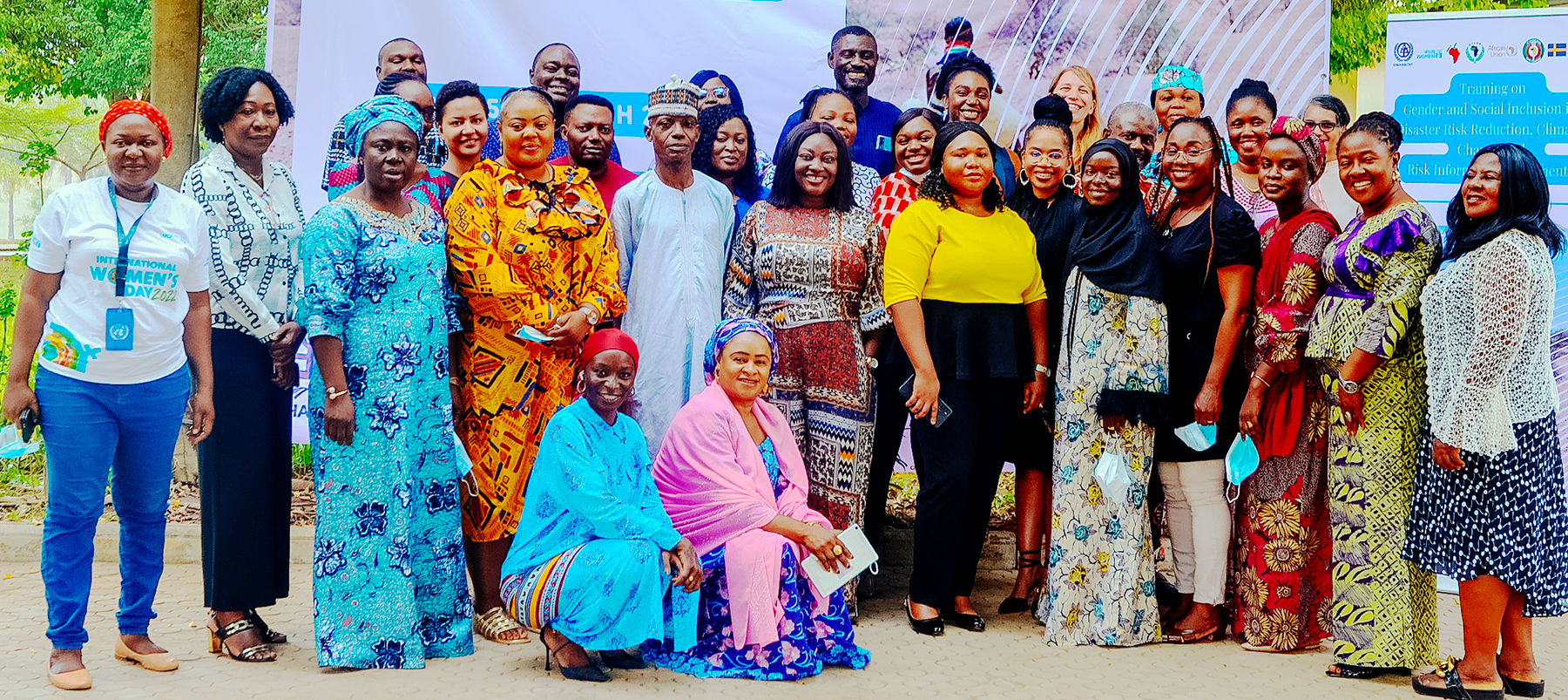The new Tax for SDGs Initiative was launched at a time when economies have been strained by the pandemic and countries are facing further fiscal challenges caused by the global economic uncertainty– hindering, preventing and reversing progress on the SDGs.
UNDP launches a new initiative to help countries leverage taxation to make progress on the Sustainable Development Goals
April 28, 2022

The new Tax for SDGs Initiative helps governments leverage taxation both as a tool for revenue collection and as a policy instrument to encourage sustainable growth strategies and influence behaviour towards desired outcomes related to climate, nature, health, gender, and governance – aiming to accelerate progress towards the SDGs.
New York – United Nations Development Programme (UNDP) launched a new initiative to support developing countries increase domestic resource mobilization and achieve the Sustainable Development Goals (SDGs). The UNDP Tax for SDGs Initiative will support developing countries bounce back from the pandemic and increase their economic resilience against global shocks through taxation by empowering national tax administrations and ministries of finance to tackle tax evasion and avoidance, helping countries align tax and fiscal policies with the SDGs for sustainable growth.
Taxation stands at the core of public development financing and is integral to achieving the SDGs. With the COVID-19 pandemic, climbing food and fuel prices, and the uncertain state of the global economy threatening decades worth of development gains, developing countries are in dire need of additional revenue if they are to build forward and achieve the goals set by the 2030 Agenda.
The Tax for SDGs initiative focuses on practical actions for capacity building and helping drive human, institutional and societal change in tax systems. The new Tax for SDGs Initiative helps governments leverage taxation both as a tool for revenue collection and as a policy instrument to encourage sustainable growth strategies and influence behaviour towards desired outcomes related to climate, nature, health, gender, and governance – aiming to accelerate progress towards the SDGs.
“At this pivotal moment, we need to find new ways to drive finance towards the SDGs to tackle poverty and inequalities; and advance inclusive economic growth that is centred around the climate action and the protection of our natural world,” said Achim Steiner, UNDP Administrator. “UNDP’s Tax for SDGs initiative unites the specialized expertise of a range of international stakeholders to boost the ability of developing countries to use taxation as a policy instrument to finance a greener, more sustainable future for all,” he continued.
“UNDP, through its country offices, can play a crucial role in enhancing tax policy coherence and donor coordination at country level. We do encourage all donors to participate in this coordination for a greater shared impact,” said Mr. Ville Skinnari, Minister for Development Cooperation and Foreign Trade of Finland, at the launch event.
“While increasing tax revenues is at the core, the Tax for SDGs Initiative will also work to make tax and fiscal policies more aligned with the SDGs and support the participation of developing countries in global processes,” said Bjørg Sandkjær, State Secretary for International Development of Norway.
“Through the Tax for SDGs initiative, UNDP should be able to support African countries in their efforts to reduce domestic tax base erosion and support digitalisation of tax administrations, as well as rally well-meaning stakeholders to lend their voices to ensuring that the rules developed and implemented at the international level for the taxation of MNEs, especially within the context of digital economy, is fair to developing countries,” remarked Muhammad Nami, Executive Chairman, Federal Inland Revenue Service, Nigeria.
“We have to make sure that we prove that the money that we collect from taxes is well and transparently applied,” said Aia-Eza da Silva, Secretary of State for Budget and Public Investment, Ministry of Finance of Angola, at the launch event. Ibrahim Elbadawi, Former Minister of Finance and Economic Planning of the Republic of the Sudan reflected on the role of taxation in post conflict situations.
Media contact:
Matleena Siipola, UNDP Tax for SDGs Initiative, matleena.siipola@undp.org
About UNDP
UNDP is the leading United Nations organization fighting to end the injustice of poverty, inequality, and climate change. Working with our broad network of experts and partners in 170 countries, we help nations to build integrated, lasting solutions for people and planet. Learn more at undp.org.

 Locations
Locations



